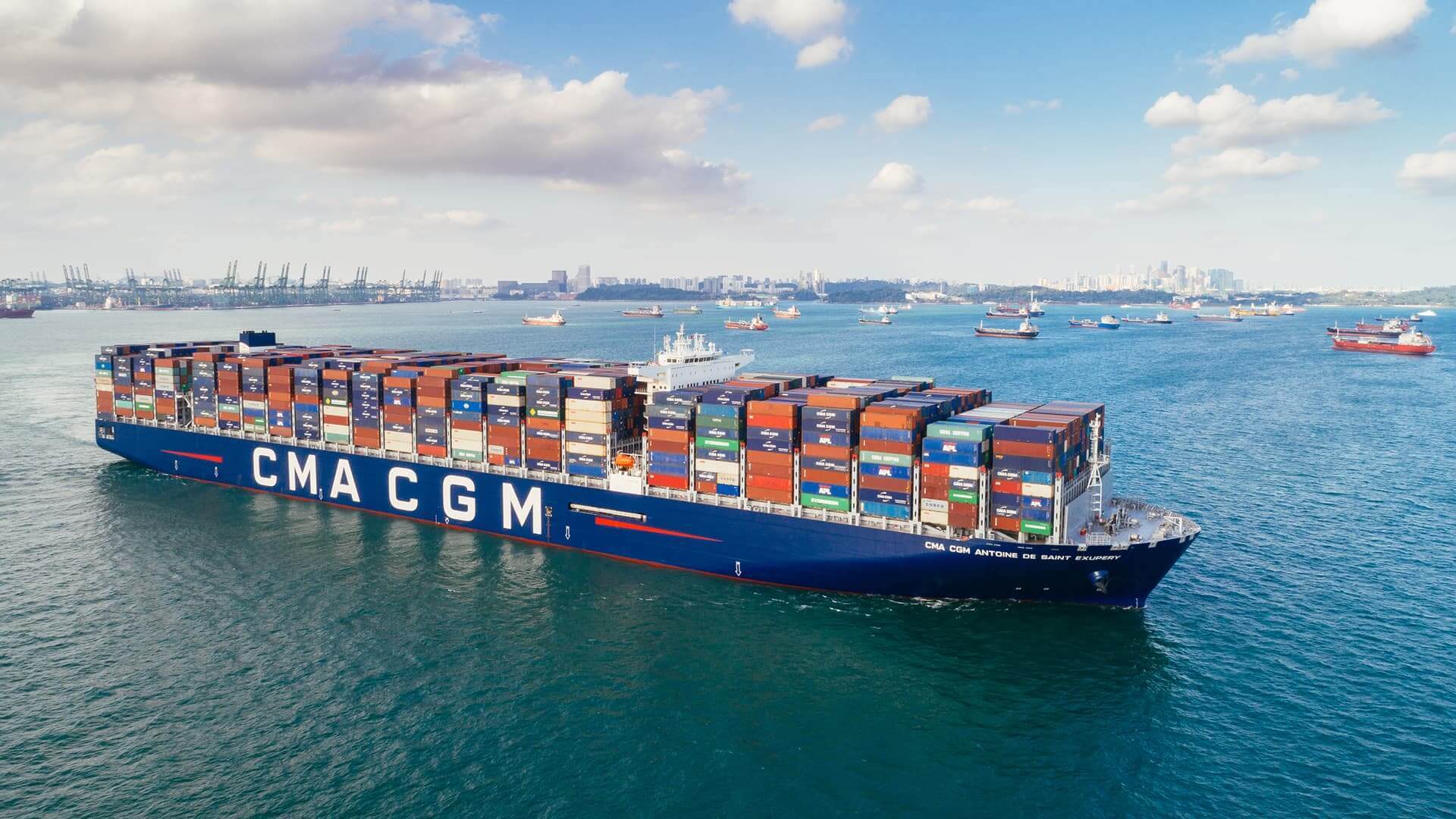The world’s fourth-largest shipping company, Compagnie Maritime d'Affrètement-Compagnie Générale Maritime (CMA CGM), published a blacklist of shippers involved in the “collapse of biodiversity” as part of its commitment to the Convention on International Trade in Endangered Species of Wild Fauna and Flora (CITES). This includes the suspension of all timber exports from the Gambia due to “suspicions of illicit rosewood trafficking.” As a signatory to the CITES convention, the CMA CGM Group is expected to declare all species it is shipping and specify whether they are covered under the document, and also provide the necessary export permits for those species.
In its recent announcement, the company also said that it will be “enhancing the training” of its sales agents as part of its “know-your-customer” audit process. CMA CGM operates a fleet of 489 vessels that deliver goods to and from 420 ports worldwide. In 2019, its ships carried roughly 22 million Twenty-Foot Equivalent Unit (TEUs), which is a shipping container that measures about 20 feet long, 8 feet wide, and 8 feet tall, and can hold between nine and eleven pallets.
It is particularly noteworthy that it has entirely suspended timber exports from the Gambia, which is accused of “illegally felling” rosewood and then “exporting it under various different guises.” It is argued that this contributes “heavily” to deforestation in West Africa.
The Environmental Investigation Agency (EIA) welcomed the announcement. However, it also sought to emphasize that trafficking networks, which often operate outside the auspices of such shipping companies, have deforested vast swathes of land in Southeast Asia, and now Africa, to meet Chinese demand. In fact, China accounts for the “single largest wildlife crime market in the world.” The EIA reports that shipping companies have transported about 1.7 million trees from the Gambia over the past decade, of which the vast majority were smuggled from Senegal.
The illegal trade is also indicative of the instability and corruption in the region at large. For instance, Senegalese rebel groups control the trade of rosewood to fund their operations. Thus, although shipments of stolen timber from Senegal is illegal in the Gambia, and even though Gambia President Adama Barrow outlawed the export of rosewood in 2017, the practice still continues.
The world’s five largest shipping companies—Danish AP Moller-Maersk, the Swiss Mediterranean Shipping Company (MSC), the China COSCO Shipping Corporation Limited, the German Hapag-Lloyd, and CMA-CGM—have come under fire for their “heavy carbon footprint.” Thus, this latest decision by the CMA CGM group is a welcome change and commitment to environmental sustainability. At the same time, it also introduces more accountability in an industry that is often plagued by its lack of oversight.
CMA CGM, World’s 4th Largest Shipping Company, Announces Blacklist to Protect Biodiversity
It produced a blacklist of shippers involved in the “collapse of biodiversity”.
July 14, 2020

IMAGE SOURCE: CMA CGM
